We are investigating how to design design informal learning experiences to engage families in learning about artificial intelligence (AI). This work has progressed in multiple stages.
Stage 1 - Defining AI Literacy: We conducted an extensive literature review of work related to AI education and synthesized findings from the literature into a set of AI literacy competencies and design considerations (see paper).
Stage 2 - Low-Fidelity Prototyping: We developed a design workbook with ideas for 25 different AI literacy museum exhibits. This design workbook was inspired and organized according to the AI literacy competencies and design considerations developed in Stage 1. We developed low-fidelity paper-based prototypes of 5 of these ideas.
Stage 3 - Co-Design: We conducted a co-design workshop with family groups at the Museum of Science and Industry, Chicago. Family groups engaged in worksheet and design activities in order to share their experiences and feelings about AI and brainstorm ideas for AI literacy museum exhibits. They also interacted with and provided feedback on several of the low-fidelity prototypes we developed in Stage 2 (see paper).
Stage 4 - Iterative Design Research: We iteratively developed and tested three different AI literacy activities for informal learning spaces--1) Knowledge Net; 2) Creature Features; and 3) LuminAI. Due to COVID-19, we developed these as box-sized exhibits that could be delivered to families homes. We conducted remote user studies with families in the Atlanta metro area by delivering the exhibits to their doorsteps (see paper).

The Expressive Machinery Lab (formerly ADAM Lab) explores the intersection between cognition, creativity, and computation through the study of creative human endeavors and by building digital media artifacts that represent our findings. Applications of our findings range from AI-based digital performance to interactive narrative experiences to educational media design and development.


